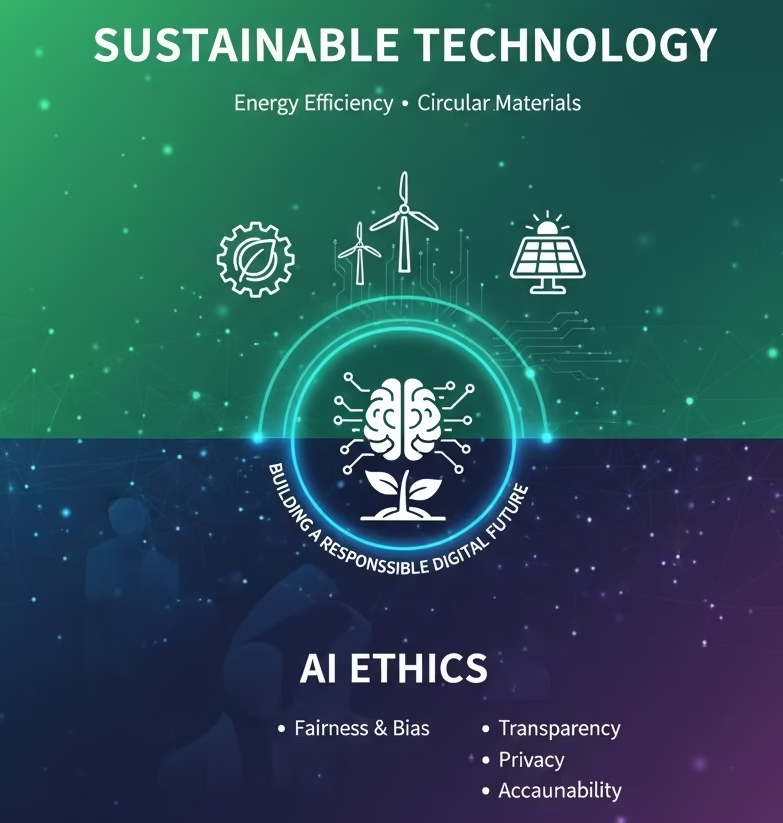
Have you ever been in a situation where you kept arguing with your partner, family member, or co-worker about the same things over and over, and couldn’t understand why you didn’t seem to get out of the pattern? You aren’t the only one. Conflicts in relationships are a common thing that happens to all of us, whether it is a romantic, family, or work relationship. However, what are the actual causes that lead us to conflict, and how can we learn to get beyond them forever? Moving from the less common but still existing to the most frequent and, of course, the ways of problem-solving, let’s uncover the 10 most frequent reasons for relationship conflict.

10. Core Value and Life Goal Differences
When partners or co-workers hold contrary views regarding religion, family, or long-term goals, tension is unavoidable. Differences between them may result in difficulty in reaching a common ground, particularly if both parties are not willing to compromise. Mindtalk says that open communication and professional guidance can assist couples in bridging these differences and coming to terms with mutual respect.

9. Attachment Issues and Emotional Distance
Childhood experiences determine how we relate to other people. Insecure styles of attachment—such as anxious or avoidant—tend toward withdrawal, abandonment anxiety, and ongoing conflict. Becoming aware of your own and your partner’s attachment styles is the first step toward closing emotional gaps.

8. Jealousy and Insecurity
Jealousy isn’t just about romantic relationships. It can pop up in friendships, families, and workplaces, often rooted in past betrayals or low self-esteem. Mild jealousy may signal commitment, but unchecked suspicion can erode trust and spark arguments. As noted by the Los Angeles MFTherapist, excessive jealousy can lead to conflict, distrust, and relationship dissatisfaction.

7. Problematic Behaviors (Addiction, Aggression, Neglect)
Substance abuse, lying, manipulation, or neglect can build poisonous dynamics. These actions are frequently the result of unsolved personal problems and may be difficult to reverse without professional intervention. Addiction, says Dr. Jeremy Franks, is much like abuse and adultery as grounds for divorce, although not necessarily even leading to divorce if the individual gets help.

6. Money Problems and Stress
One of the leading causes of conflict in relationships is money. Disagreements about spending, poor financial planning, or power dynamics regarding money can be a source of resentment and fights. Couples can avoid misunderstandings and stress if they sit down and create a joint budget and set mutual financial goals.

5. Betrayal and Broken Trust
Infidelity, dishonesty, or violation of confidences may cause grievous wounds. Betrayal trauma breeds anger, resentment, withdrawal, and even depression. Recovery is facilitated through open communication, compassion, and efforts to rebuild trust over time. According to the United Methodist Social Principles, God’s intention is for lifelong faithful marriage, but when a couple is beyond reconciliation, divorce is an unfortunate option in the midst of brokenness.

4. Outstanding Past Relationship Issues
Emotional baggage from past relationships—such as fear of betrayal or attachment trauma—can be triggered in new relationships, influencing trust and communication. Getting into therapy and being self-aware will ensure that past experiences don’t negatively impact current relationships.

3. Differences in Priorities and Expectations
Conflicting needs—career goals, family planning, or lifestyle options—more often than not result in misunderstandings and disillusionment. Even when couples believe they have been communicative about their requirements, surprises can crop up. Talking through long-term objectives and compromise is vital for mutual fulfillment.

2. Communication Breakdown and Misunderstandings
Poor communication is the cause of most relationship issues. It may be vague expressions, selective hearing, or unspoken assumptions, but miscommunication breeds frustration and emotional distance. As per PVA Law, marriage counselors constantly refer to a lack of communication as a leading underlying reason for divorce in the United States.

1. Constant Conflict and Unresolved Arguments
Unarguably, friction and disputes that are constantly recurring, though they may range from household chores to parenting, to the work sphere, or anything else, will gradually eat up the intimacy and the trust in the relationship. In cases when a person is surrounded by disagreement and is constantly in conflict with others, he or she may suffer from exhaustion, anxiety, or even depression. In addition, unresolved conflict may result in sleep difficulties, digestive problems, and, in general, lowered resistance, as mentioned by a Los Angeles MFTherapist.

So how do you repair these repeated conflicts and rebuild relationships? Most professionals concur that it is indispensable to the humanization of the situation to foster understanding, practice active listening, and communicate with care. Reflecting on your own triggers and needs, establishing and maintaining your rights in a respectful way, and above all, not forgetting that you are on the same team, can change the relationship from being antagonistic to being cooperative. Therapy of any kind- couples, individual, or group- is a welcoming place to open up about hidden issues, acquire new solutions, and regain trust. Plus, it is not only the individual techniques that matter; for example, writing in a journal, meditation, and just being together can also be the strongest allies.

Conflict is a part of human nature and, thus, can never be eliminated from relationships, but on the other hand, it doesn’t necessarily have to be a problem. If you have the right mindset and are equipped with the proper resources, you can turn conflict into a time for growth, a closer connection, and lasting change.

















